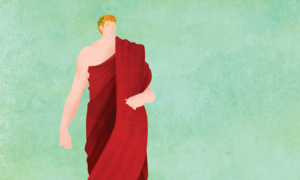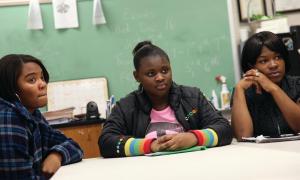professional development
Mutual Learning Through Conversation
Certain encounters help young students develop values and virtues that open spaces in their minds and hearts so they can see the world and its people in broader terms.
July 5, 2017


